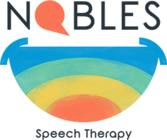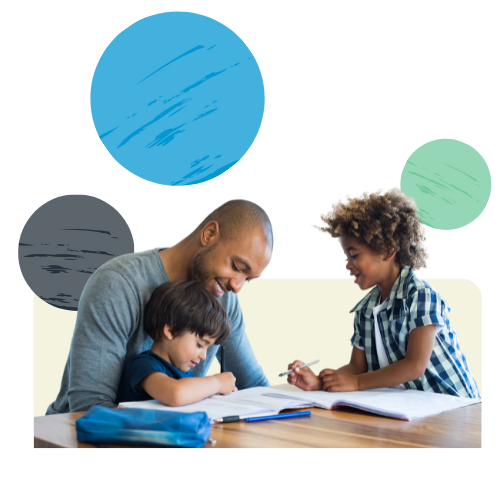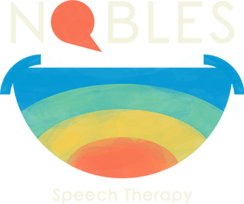We accept CareFirst BlueCross BlueShield, United Health Care, Wellpoint, Maryland Physician Care Insurance, and Kaiser Permanente.
Social Communication Speech Therapy
Equip your child with social interaction skills they’ll need for life.
Speech Therapy for Ages 1-18
Share this page with a friend:
The skills required for social communication (pragmatic) skills are necessary for your child to express themselves and understand verbal and non-verbal language in social contexts. Autism Spectrum Disorder (ASD) and Social Communication Disorder (SCD) can make it challenging for them to do so appropriately in different social situations.
Speech therapy for children aims to help your child build these vital skills and improve their ability to function in their social environments.
Developing Social Skills Is a Lifelong Process
Language pragmatics usually develop naturally as a child moves through the different growth milestones. The three primary pragmatic skills needed are using language, changing language, and following unspoken rules of conversation. Problems with effectively using these skills arise in children with ASD and SCD. Your child may have difficulty with social cognition or may be unable to apply rules related to conversation and storytelling, including:
- Knowing when and how to speak to someone
- Using appropriate gestures to express how they feel
- Taking the perspective of others
- Understanding non-verbal cues by others
- Telling stories in an organized way
Social Skills Make the Difference
Mastering social communication skills makes it easier for your child to interact with peers, build friendships, feel connected, and succeed at school and eventually in the workplace. If your child struggles with pragmatics, it can be socially isolating and impede their future success.
Every Parent Wants Their Child to Succeed
Seeing your child hesitant or afraid to interact socially and unable to help them can stir up many emotions. It can also be hard to tell when your child struggles with social situations. Some kids might not share their thoughts, making it difficult for you to know what they are thinking.
Equip Your Child for Social Success
A speech-language pathologist (SLP) can assess your child's social interactions and provide therapy that helps them develop, understand, and effectively use the rules of social communication. Therapy can equip them to make and keep friends, engage appropriately, and read others' body language correctly. They'll learn how to adjust language and tone to fit different people or situations, stay on topic, and respond with ideas relating to the topic.
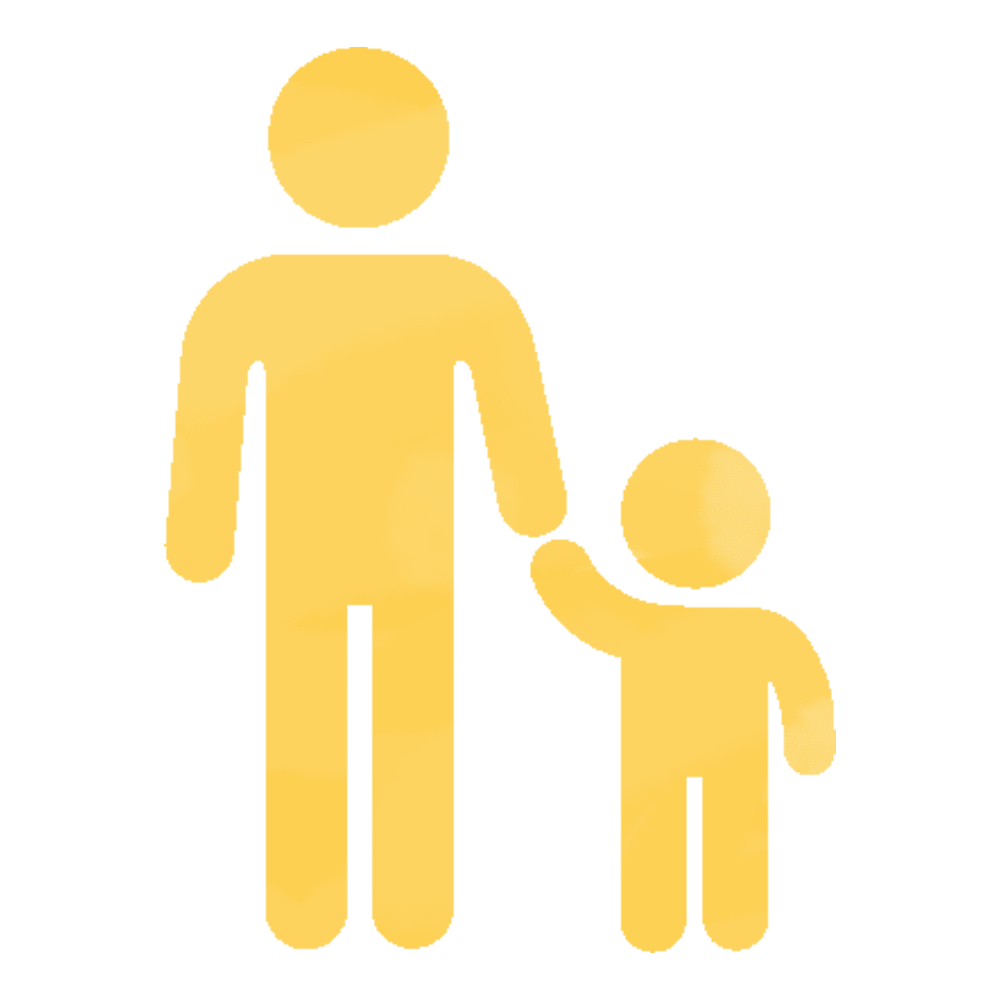
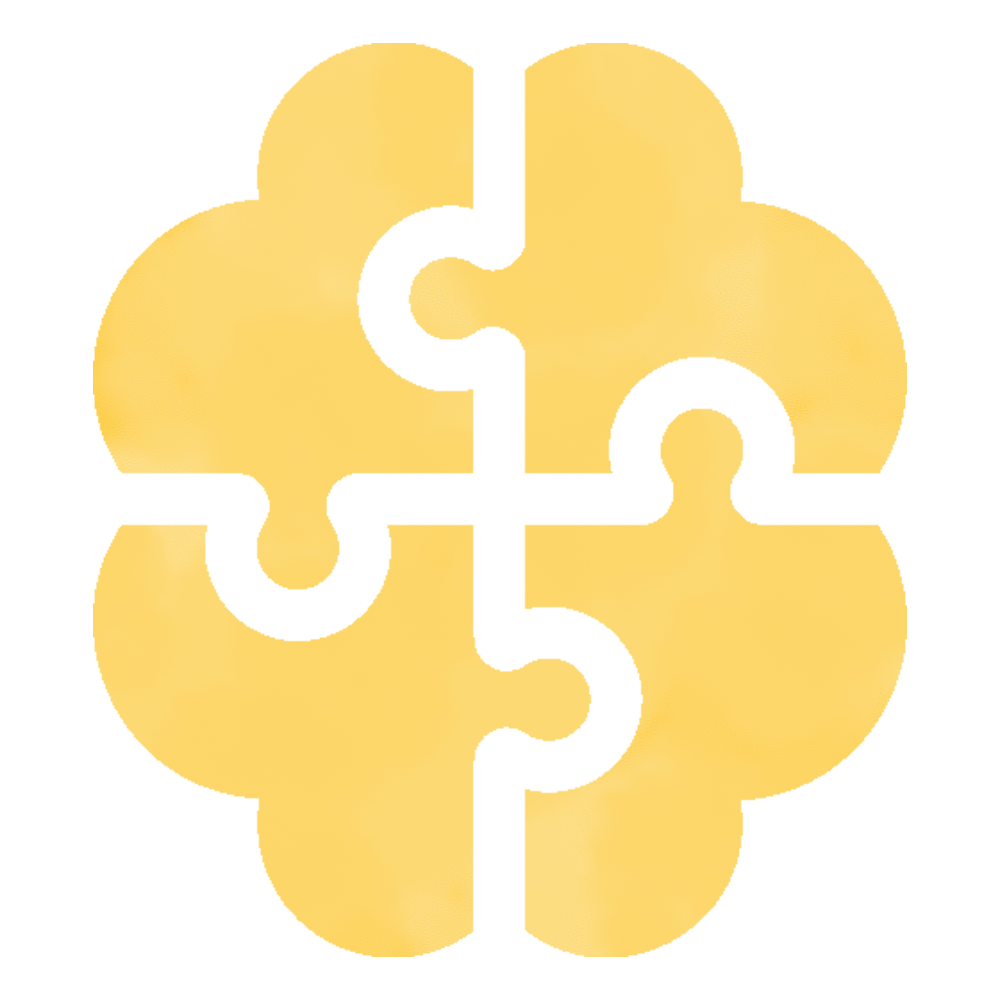
An Engaging Approach Maximizes Progress
At Nobles Speech Therapy, your child is in good hands. As a certified pediatric language pathologist, I use a range of specialized techniques to teach social interaction, social cognition, and pragmatics. I don't take a one-size-fits-all approach to therapy - I treat your child as the individual they are and offer support based on their unique needs. One-to-one therapy sessions help your child feel safe, have fun, increase their level of engagement, and, most importantly, their progress.
What to Expect with Social Communication Therapy
Step 1. Schedule Initial Consultation
We'll have a brief call to discuss your concerns about your child's communications skills, developmental milestones, red flags, and other areas of assessment.
Step 2. Assessment
We evaluate your child to industry-standard speech and language development benchmarks. Based on the results, we create a step-by-step treatment plan built around your child's needs.
Step 3. Treatment
We implement the treatment plan in series of fun, 30-minute one-on-one in-person or virtual sessions with your child. You'll receive updates after each session with supplemental materials for practice and reinforcement.
Step 4. Results
You'll experience the joy of watching your child's confidence, interpersonal interactions, and communication transform as building blocks are mastered throughout the treatment plan.
Why Choose Us for Social Communication Speech Therapy
Built Around Your Child
We implement successive building blocks to help your child master foundational communication skills based upon the initial assessment.
Each week your child builds confidence for interpersonal interactions, more outgoing social engagements, and sustained academic achievement.
Exciting and Fun
Creative teaching techniques combined with patience, understanding, and an authentic rapport with your child create a safe space for overcoming insecurities and learning new skills.
These enjoyable one-on-one sessions transform reluctant attendance into an enthusiastic engagement.
Team Effort
We understand that it takes a village to raise a child. That's why we coordinate our strategy with your school and other providers. We also keep you actively involved with weekly updates and materials for at-home practice and reinforcement.
Read What Prior Clients Say About Our Speech Therapy
Are You Ready to Equip Your Child with the Skills Needed for a Satisfying Social Life?
Schedule a consultation today to get started.
Don't let your child grow any more isolated.
Share this page:
Frequently Asked Questions
Related Topics:

